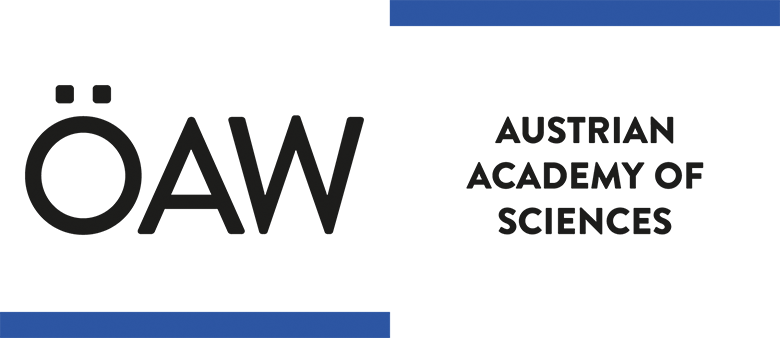Vienna Central European Seminar 2018
Thank you everyone for your contribution!
More pictures of the meeting are available here.
The 14th Central European Seminar on Particle Physics and Quantum Field Theory (VCES) on "Global and Local Symmetries" on Nov 30 and Dec 01 2018 will take place at the Austrian Academy of Sciences (Nov 30) and at the TU Wien (Dec 01).
VCES will share the day of Nov 30 with the Discrete 2018 conference, an independent international meeting on discrete symmetries in particle physics. On Dec 01, VCES will cover topically complementary aspects.
VCES is jointly organized by the Theoretical Physics Departments of the University of Vienna and TU Wien, as well as by the Institute of High Energy Physics of the Austrian Academy of Sciences and supported by the Faculty of Physics of the University of Vienna, the FWF doctoral school Particles and Interactions and the EU COST Network Connecting insights in fundamental physics.
The seminar series was created 2004 and is intended to provide stimulating interactions between leading researchers and promising junior physicists. A considerable number of junior scientists participate in these meetings, and, upon application, can receive special grants (see below). We particularly invite junior participants, including advanced graduate students, post-doctoral fellows, and junior faculty to attend the meeting. The conference fee is 50 EUR and is to be paid in cash at the registration desk.
Friday, Nov 30 2018: Festsaal, Austrian Academy of Sciences, Dr. Ignaz Seipel-Platz 2, 1010 Vienna. Google Maps Link.
Saturday, Dec 01 2018: TUtheSKY, TU Wien Getreidemarkt 9, 1060 Vienna. Google Maps Link.
Confirmed Invited Speakers
Francesco Bigazzi (INFN, Florence)
Astrid Eichhorn (Heidelberg)
Cohl Furey (Cambridge)
Daniel Grumiller (TU Wien)
Karl Landsteiner (Madrid)
Axel Maas (Graz)
Guy Moore (Darmstadt)
Malcolm Perry (Cambridge)
Margarida Rebelo (Lisbon)
Ennio Salvioni (TU Munich)
Francesco Sannino (Odense)
Andreas Schaefer (Regensburg)
Dominik Schwarz (Bielefeld)
Alfredo Urbano (SISSA)
Timm Wrase (TU Wien)
Public Lecture on Friday, 18:00 at the Austrian Academy (same venue)
Malcolm Perry (Cambridge)
Black Holes, Fundamental Physics and the Information Paradox
Junior Scientists
We invite applications from graduate students and post-doctoral fellows to submit applications for poster presentations. Successful applicants can receive financial support through ITC Conference Grants by the COST Network Connecting insights in fundamental physics and we particularly encourage applications from the networks’ member Inclusiveness Target Countries Bosnia-Herzegovina, Czech Republic, Estonia, Croatia, Hungary, Poland, Portugal, and Slovenia.
Local Organizing Committee
Anton Rebhan (chair, TU Wien)
Josef Pradler (Institute of High Energy Physics)
Eberhard Widmann (Stefan Meyer Institute)
Brigitte de Monte (secretary, Institute of High Energy Physics)
Andrea Smith-Stachowski (secretary, DKPI)
Supported by:
 |
 |
|
|
|
|


